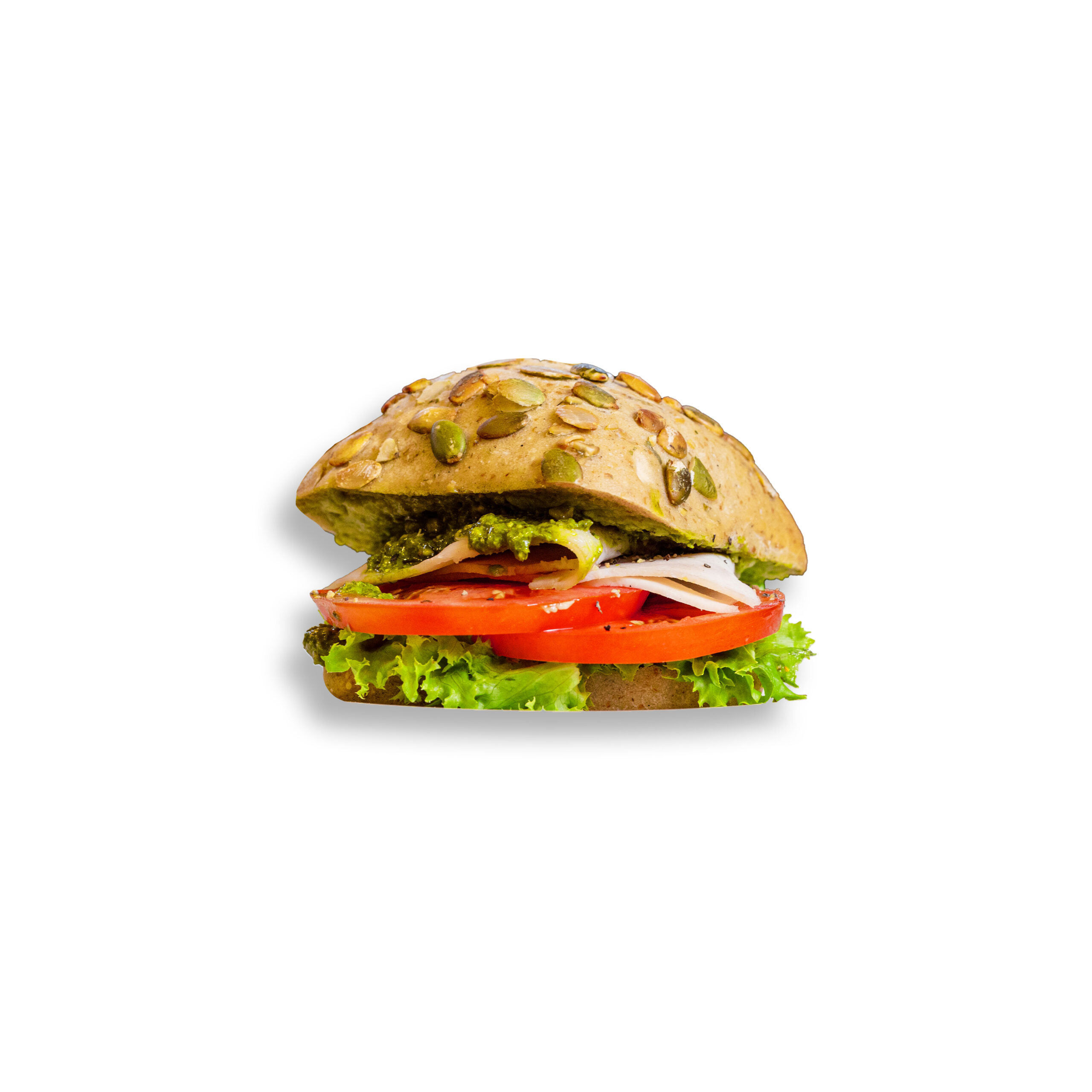When you hear the phrase "mom unplugs baby for turkey sandwich," it’s hard not to raise an eyebrow. This seemingly bizarre headline has sparked curiosity across the globe. But what exactly does it mean, and why is it making waves? In this article, we’ll dive deep into the story behind the headlines, exploring the truth, the context, and the lessons we can learn from this unusual situation. So grab your favorite snack—maybe even a turkey sandwich—and let’s get started.
Let’s be honest, parenting is no walk in the park. Every day brings new challenges, and sometimes, decisions that seem minor to outsiders can have major implications. The "mom unplugs baby for turkey sandwich" story isn’t just about a random act of hunger; it’s a reflection of the pressures parents face in today’s fast-paced world. We’ll break it down for you so you can decide where the line between necessity and neglect lies.
As we delve deeper into this topic, we’ll explore the legal, ethical, and emotional aspects of the situation. By the end of this article, you’ll have a clearer understanding of why this story went viral and how it fits into broader discussions about parenting, technology, and food priorities. So stick around—we promise it’ll be worth your time!
Read also:Liangelo Ball Song Lyrics The Ultimate Guide To The Melodies That Defined A Basketball Legacy
What Does "Mom Unplugs Baby for Turkey Sandwich" Really Mean?
At first glance, the phrase sounds outrageous. How could anyone prioritize a sandwich over their baby? But as with many viral stories, there’s more to the narrative than meets the eye. The incident reportedly involved a mother who unplugged her infant’s medical equipment to leave the hospital and grab lunch. While it sounds alarming, the full context reveals a complex web of emotions, desperation, and perhaps even miscommunication.
According to reports, the mom was under immense stress, juggling her responsibilities as a caregiver while dealing with her own hunger and exhaustion. Her decision to step away briefly for nourishment was seen by some as reckless, but others argue it highlights the lack of support systems for parents in high-pressure situations. Let’s examine both sides of the argument.
Why Did She Do It?
Let’s face it, being a parent is tough, especially when your child is in the hospital. Imagine spending hours at your baby’s bedside, watching them fight for their health. It’s emotionally draining, physically exhausting, and mentally taxing. In this case, the mom reportedly felt like she needed a moment to recharge, both literally and figuratively.
- She claimed she only intended to be gone for a few minutes.
- She believed the equipment could handle short periods without her presence.
- Her hunger and fatigue clouded her judgment.
While her actions may seem extreme, they also raise important questions about how we support parents in crisis. Should she have been better prepared with meals or snacks? Absolutely. But hindsight is always 20/20, right?
Legal Implications of Unplugging Medical Equipment
When you tamper with medical equipment, especially something connected to a vulnerable patient, there are serious legal consequences. In this case, the mom’s actions could potentially be classified as neglect or endangerment. However, the law often takes into account intent and circumstances, which makes this case even more intriguing.
Here’s what experts say:
Read also:Unleash Your Inner Pirate The Ultimate Guide To One Piece Gifts
- Unplugging medical devices without authorization is illegal in most jurisdictions.
- Intent matters—was she acting out of malice or desperation?
- Medical professionals may have grounds to report her actions to child protective services.
Ultimately, the legal outcome will depend on the specifics of the case and the jurisdiction involved. What’s clear, though, is that this incident serves as a wake-up call for families and healthcare providers alike.
Could This Have Been Prevented?
Prevention is key in cases like this. If the hospital had provided better resources for parents, such as meal delivery or designated rest areas, the situation might never have escalated. Here’s what hospitals can do to support caregivers:
- Offer nutritious food options within the facility.
- Create quiet spaces where parents can take breaks.
- Encourage open communication between staff and families.
By addressing these needs proactively, hospitals can help prevent similar incidents in the future. It’s not just about rules—it’s about empathy and understanding.
The Role of Technology in Modern Parenting
Technology plays a significant role in modern parenting, from baby monitors to life-saving medical devices. But when does reliance on tech become too much? In this case, the mom’s decision to unplug her baby’s equipment raises questions about trust in technology and human oversight.
According to data from the World Health Organization, advancements in medical technology have saved countless lives. However, they also come with risks if used improperly. Here’s what parents need to know:
- Always follow medical advice regarding equipment usage.
- Understand the limitations of any device before relying on it.
- Communicate openly with healthcare providers about concerns.
While technology can be a lifesaver, it’s no substitute for human care and judgment. Balancing the two is crucial for ensuring the best outcomes for both parent and child.
How Reliable Are Modern Medical Devices?
Modern medical devices are incredibly advanced, but they’re not infallible. Studies show that malfunctions occur in approximately 1-2% of cases, depending on the device. While this percentage is low, it underscores the importance of vigilance.
Parents should:
- Regularly check devices for proper functioning.
- Report any issues immediately to medical staff.
- Learn how to respond in emergencies.
Education and awareness are key to maximizing the benefits of technology while minimizing risks.
The Emotional Toll of Parenting in Crisis
Parenting is hard enough under normal circumstances, but when your child is in the hospital, the emotional toll can be overwhelming. The mom in this story likely felt a mix of fear, guilt, and exhaustion. These emotions can cloud judgment, leading to decisions that seem irrational to outsiders.
Research shows that caregivers in high-stress environments are at higher risk for burnout. Symptoms include:
- Emotional exhaustion.
- Increased irritability.
- Difficulty concentrating.
Recognizing these signs early can help prevent situations like the one described here. Encouraging open conversations about mental health is essential for supporting parents in crisis.
Support Systems for Parents in Need
No one should have to face the challenges of parenting alone, especially in a crisis. Support systems, whether formal or informal, play a vital role in helping families navigate difficult times. Here’s what communities can do:
- Provide access to counseling services.
- Organize peer support groups.
- Offer practical assistance, such as meal delivery or childcare.
By fostering a culture of support, we can ensure that parents feel less isolated and more empowered to make sound decisions.
Public Reaction to the Story
When the "mom unplugs baby for turkey sandwich" story hit the headlines, reactions were mixed. Some people were quick to judge, labeling her actions as irresponsible. Others, however, expressed empathy, pointing out the pressures she faced as a parent in a difficult situation.
Social media played a significant role in shaping public opinion. Platforms like Twitter and Facebook were flooded with comments, ranging from outrage to understanding. Here’s a snapshot of the conversation:
- “How could she prioritize a sandwich over her baby?”
- “We need to show more compassion for parents in crisis.”
- “This highlights a larger issue with hospital support systems.”
While opinions vary, one thing is clear: this story has sparked important discussions about parenting, responsibility, and empathy.
Why Do We Judge Parents So Harshly?
Judging others is a natural human tendency, but when it comes to parenting, we often forget how complex and challenging it can be. Studies show that people tend to judge parents more harshly than other adults, perhaps because they view parenting as a universal responsibility.
To combat this tendency, we can:
- Practice empathy and understanding.
- Recognize that every parent faces unique challenges.
- Offer support instead of criticism.
By shifting our focus from judgment to support, we can create a more compassionate society for all parents.
Lessons Learned from the Incident
Every story offers lessons, and this one is no exception. Here are a few key takeaways:
- Parents need better support systems in hospitals.
- Technology should complement, not replace, human care.
- Empathy and understanding are crucial in high-pressure situations.
As we reflect on this incident, let’s use it as an opportunity to improve the way we support families in crisis. By learning from mistakes, we can create a safer, more compassionate world for everyone.
What Can We Do Moving Forward?
The "mom unplugs baby for turkey sandwich" story is a wake-up call for all of us. Here’s how we can move forward:
- Advocate for better hospital policies for parents.
- Encourage open discussions about mental health and parenting challenges.
- Offer support to families in need, whether through volunteering or simply listening.
Together, we can make a difference and ensure that no parent ever feels like they have to choose between nourishment and care.
Conclusion: A Call to Action
As we wrap up this article, it’s important to remember that the "mom unplugs baby for turkey sandwich" story is more than just a headline. It’s a reminder of the challenges parents face every day and the importance of empathy, understanding, and support.
Here’s what you can do:
- Share this article to spark conversations about parenting and healthcare.
- Reach out to parents in your community and offer help where needed.
- Stay informed about issues affecting families and advocate for change.
By working together, we can create a world where no parent ever feels like they have to make impossible choices. Thanks for reading, and don’t forget to leave a comment or share your thoughts below!
Table of Contents


